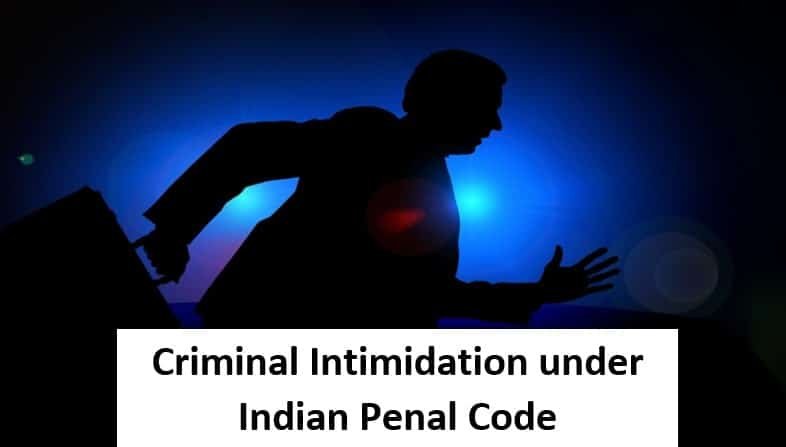Criminal Intimidation under Indian Penal Code
The criminal activities in India are governed by the provision of the Indian Penal Code, 1860. It is a substantive law that describes all the criminal offences and punishes the offenders for their conduct. The offence of criminal intimidation is also one such offence that is dealt with under Chapter XII of the India Penal […]



